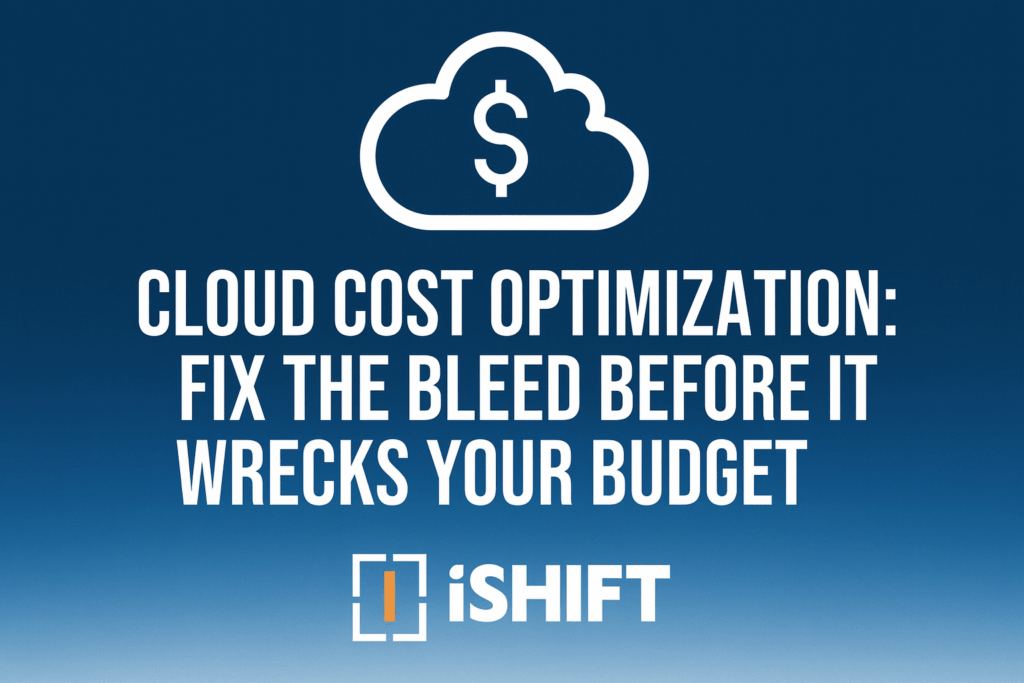Should You Leave VMware After the Buyout by Broadcom?
BIG questions. By now, you’ve likely heard that Broadcom is acquiring VMware. This news sent shockwaves through the industry and raised serious concerns for VMware customers. The deal isn’t finalized yet—but when it goes through, what should you do? Stick with VMware, or start searching for a new partner for your virtualization needs?
As a technical sales engineer, I understand the fear and uncertainty that comes when a trusted tech partner undergoes a major change. This article explores the implications of the Broadcom-VMware buyout, customer concerns, and how to assess your next move.
Understanding the Buyout
Broadcom is known for its semiconductor and infrastructure software expertise, while VMware is a staple in virtualization and cloud computing. But let’s be honest—VMware support has been steadily declining. As someone who’s relied on their support during migrations and IT admin tasks, I’ve found their service increasingly hard to access—and the engineering help, when you get it, is often poor.
One of my clients even dropped their endpoint management system entirely in favor of Microsoft Intune, just to avoid VMware’s support issues.
The signs of a buyout were all there. And here we are.
Product Development and Innovation
There’s a chance that Broadcom’s acquisition could lead to improvements—better support, renewed focus, and even innovation in VMware’s products. But some of my clients haven’t had great experiences with Broadcom support either, so it’s fair to be skeptical.
The truth is: VMware’s products are solid. The real issue is support—and the mess that is their customer portal. Broadcom must tackle this first if it hopes to restore trust.
Exploring Alternatives
If you’re considering a change, you’re not alone. But be cautious. Alternatives like Hyper-V, Azure, or Kubernetes each have pros and cons. Migrating to any of them requires retraining staff and, for on-prem solutions, buying new hardware.
Migration Challenges
Switching platforms is no small task. It involves planning, potential downtime, staff retraining, and compatibility checks. For most, the costs and risks outweigh the benefits—at least for now. If you do pursue a migration, cloud options may reduce hardware costs, but the migration workload remains substantial.
Assessing Your Unique Situation
Before making a decision, step back and evaluate:
- Your current VMware setup
- Your IT roadmap
- The pros and cons of staying vs. switching
Talk to experts who’ve been through this before. At iShift, we’ve helped many clients with these exact decisions. If you’re unsure where to start, ask me. You’ll get a real human response—and expert advice.
Conclusion
The Broadcom buyout has understandably rattled VMware users. There’s a chance for innovation, but only if Broadcom fixes support and usability issues fast. Regardless of the outcome, this is a good time to reflect on your infrastructure, evaluate your options, and make an informed decision.
Change is coming—but it doesn’t have to be scary. Want to know more? Let’s talk.



